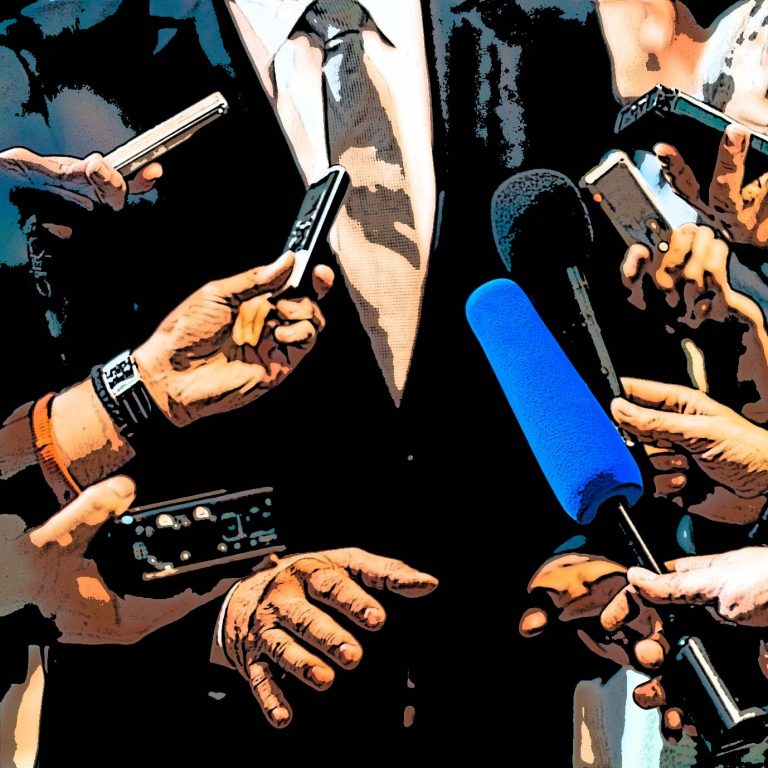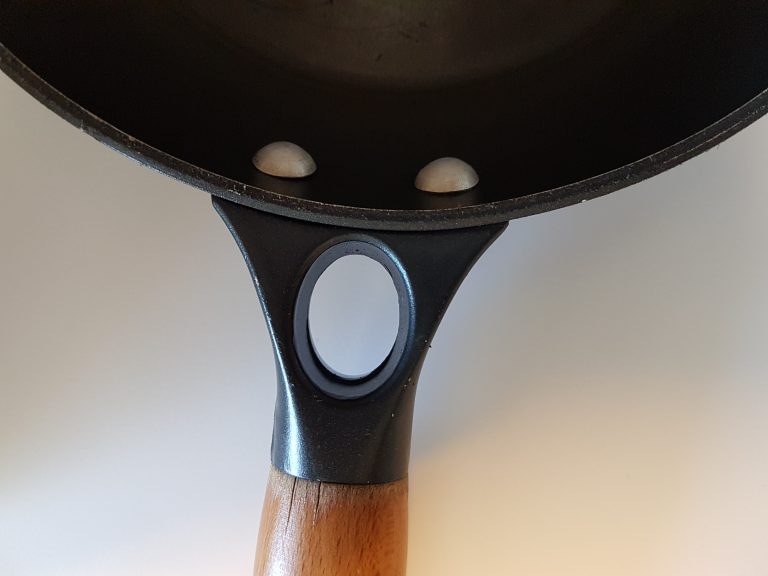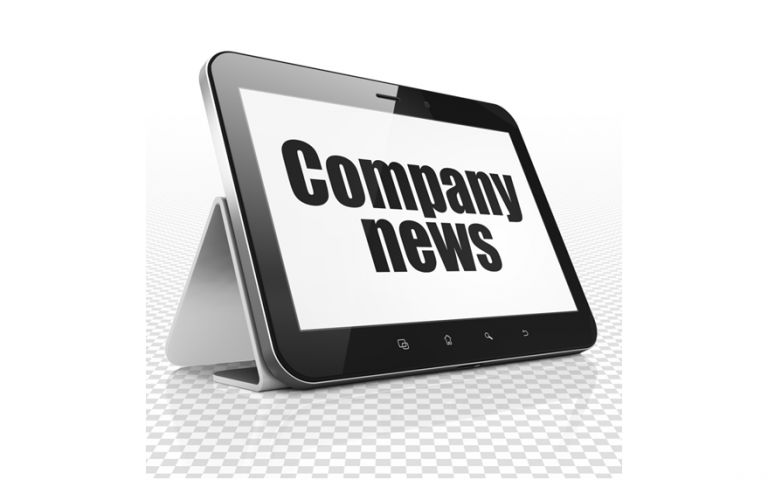
There are different types of media interview you may encounter during your business career: one is where the media is interested in you, your company, your products or services and wishes to create a story around them.
Another is when you, your company or your product is involved in a controversy or a crisis and you’re expected to defend your organization’s position.
The routine interview
As with any presentation, preparation is the key. Make sure you have all necessary facts in your memory or on prompt cards. If you’re on video, adopt a relaxed and casual pose and use natural gestures and facial expressions
In a radio interview, breathe deeply and make a conscious effort to speak a little more slowly, especially if you’re discussing technical topics. Don’t raise your voice or move towards the microphone. It will have been positioned for maximum clarity.
In any interview, adopt a warm but slightly assertive attitude and choose your words and phrases accordingly. Inject enthusiasm into your positive statements to give them emphasis. Avoid excessive exaggeration, especially in northern Europe where a little understatement is expected.
In many English speaking countries, especially America, you might say:
“Yes our product is doing fantastically. We’ve already shot up to second place in market share in only eighteen months. We’re over the moon.”
In Britain, more reserved enthusiasm usually plays better with audiences:
“Yes we’re quite pleased with the way things are going. After eighteen months we’re up to second place in market share so things are nicely on track.”
Don’t repeat questions
When asked a question by the interviewer, don’t repeat the question word for word. Experienced journalists know this is a stalling technique. If you need to pause for a few seconds to gather your thoughts, say something like this to gain a little time:
Interviewer: “What led to your introduction of the rehabilitation programme for returning servicemen and women?”
You: “I’m pleased you asked me that question. As an ex-member of the armed forces many years ago, this programme is an initiative that’s very close to my heart…”
In a friendly discussion, the interviewer is unlikely to try to deliberately put you off balance. If you’re presented with some unfamiliar information, deflect the question like this:
Interviewer: “The consultants you used at the time of the take-over have been criticized for the way they handled similar high-profile matters this year. Were you aware of that?”
You: “Obviously we give weight to opinions from trusted sources but we don’t pay any attention to gossip. We choose our suppliers very carefully based on sound business principles. We were satisfied with their performance and, of course, that’s our main interest really.”
Deflecting narrow questions
If the interviewer asks a very precise question that you prefer not to answer fully, give a more a general response. For example:
Interviewer: “Your exports to Germany last year were in excess of 150 million dollars I believe.”
You: “Germany is a very important market for us but, then, so is the whole of Europe. We grew five percent or more in most of the Western European markets we operate in and recently we’ve been expanding eastwards into the Czech Republic and Hungary.”
Answering narrow questions
This technique is the reverse of the deflection strategy above. Your objective is to answer the narrow part of the question last. If your answer has to be edited to save time, at least the broad principles should make it into the cut.
Interviewer: “Your company’s profile on Facebook has been growing lately. How’s that working for you?
You: “We started with a website, xyz.co. Then we expanded to include LinkedIn, Pinterest and Google Plus. But our most important social media platform is indeed Facebook as you noticed, where we have over half a million friends.”
Dealing with inaccurate information on an interview
Sometimes, reporters will have their facts wrong and you need to highlight any errors politely but firmly:
Interviewer: “Your CEO retired last year and I read somewhere he’s taken a highly paid post at an Australian business school.
You: “Not true at all. I’m sure he’d love to go back to teaching but he much prefers running a sports charity for disadvantaged children here at home.”
Treat the interview as a friendly conversation among equals. Smile at the interviewer frequently. Here’s a little known fact: if you’re being interviewed on radio, your voice sounds warmer and friendlier if you’re smiling.
In future articles, we’ll discuss handling the media in a crisis and how to create positive, newsworthy stores about your organization.
Pay closer attention to media interviews.
Note the way business leaders who are comfortable being questioned by reporters will always present themselves as reasonable, cooperative subjects, despite any irritation they may feel about the line of questioning.
Polish your skills by role playing with colleagues and, if you need further guidance, read Andrew Boyd’s book, How to Handle Media Interviews.
If you liked, then please subscribe to our YouTube Channel for video content. You can also find us on Twitter, Facebook, Instagram and Linkedin.




